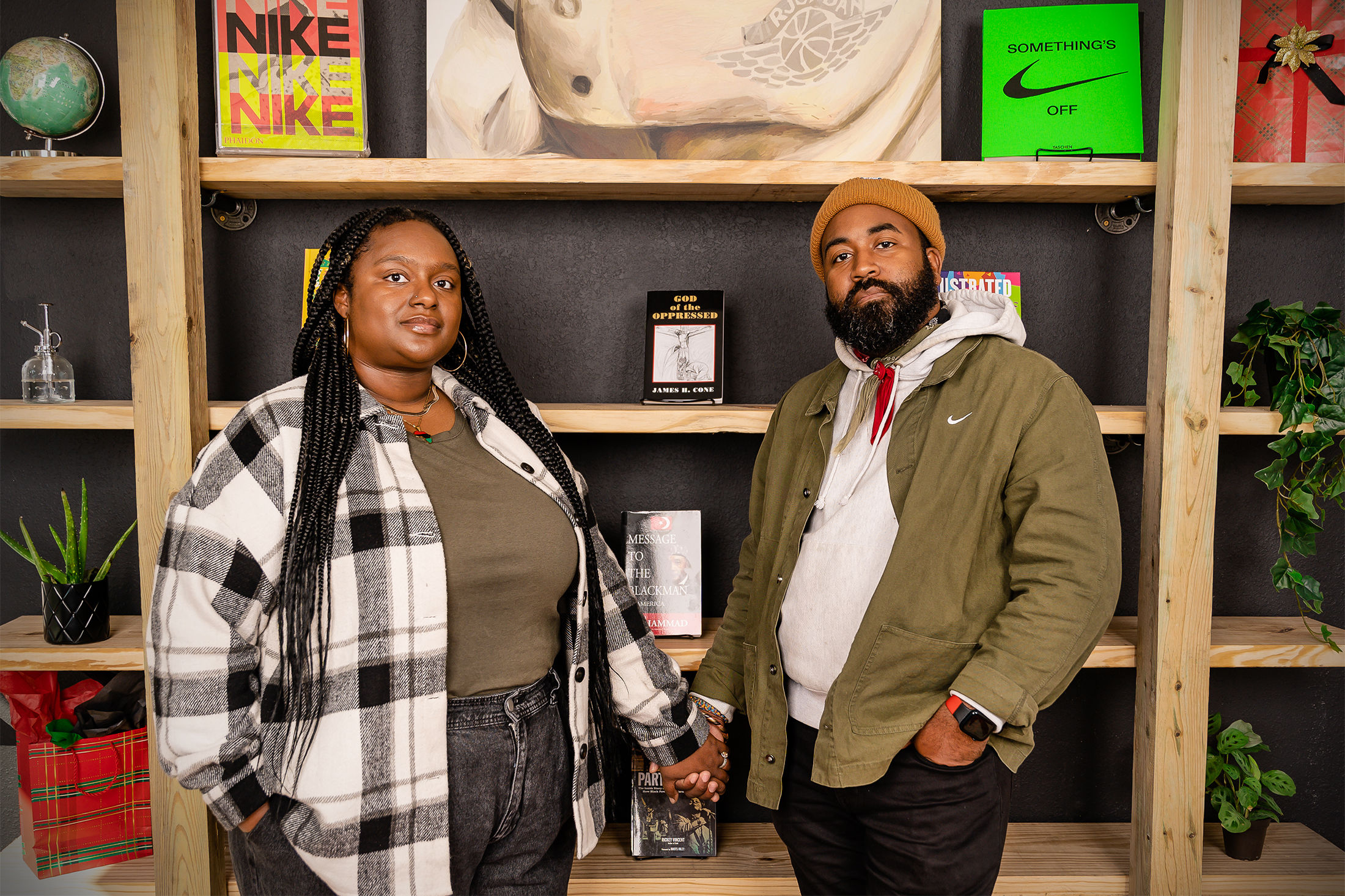What Houston Immigrants (and Those Who Love Them) Need to Know Right Now

Since President Donald Trump took office on January 20 for his second term, the expansion of his first-term immigration policies has struck fear and uncertainty within immigrant communities across the country. Families have become afraid going about daily life—taking children to school, heading to a medical appointment—because of new enforcement tactics that appear to target routine activities.
At the Galveston-Houston Immigration Representation Project (GHIRP), lawyer, executive director, and cofounder Chiqui Sanchez Kennedy has witnessed a surge in urgent calls, emails, and walk-ins from people anxious about raids and detentions. She notes that many individuals simply don’t know where to turn.
“Legal service providers can’t keep pace with the need,” she says. “That’s always been true, but now even more so because funding is either being cut, or cuts are imminent, which means the resources will be even more limited than they previously were. That is an obstacle people face.”
Advocates are urging those at risk to prepare by gathering important documents, identifying trustworthy emergency contacts, and executing a power of attorney to ensure children’s care if a parent is detained. Memorizing key phone numbers can also help in critical moments.
“Preparation is key,” Sanchez Kennedy says. “Really getting ahead of an uncertain situation, by getting informed, speaking to an attorney, and making plans with your loved ones is the best way to minimize the uncertainty and stress—although it will always be there.”
Sanchez Kennedy also stresses the importance of knowing and exercising fundamental rights. She points out that everyone, regardless of status, is protected under the US Constitution. If you’re approached by immigration agents, she advises remaining calm, providing only your name and basic identifying information if asked, and declining to answer further questions until you speak with a lawyer. You are not required to allow officers into your home unless they present a warrant signed by a judge, and you always have the right to remain silent.
For those witnessing an enforcement action, basic guidelines include keeping a safe distance, documenting the event if possible, and avoiding interference. However, individuals should make a personal risk assessment based on their own status and comfort level.
“The safe basis policy was rescinded by the current administration, which means that ICE enforcement activities can occur in hospitals, places of worship, schools, and court,” Sanchez Kennedy says, referring to policies that restricted local and state officials in sanctuary communities from cooperating with immigration enforcement.
Sanchez Kennedy says GHIRP is also monitoring proposed state-level laws that could compound the problem. One measure would allow local judges to deny bail to certain noncitizens, raising due process concerns. She stresses that staying informed on Texas bills such as HJR 16, HJR 15, and HB 75 is crucial, as they may broadly define who qualifies for bail restrictions.
While much uncertainty rises in the wake of the stringent federal immigration policies, noncitizen communities in Houston are not without options. Several local nonprofit organizations provide legal aid to immigrants who need it.
Houston Immigration Resources
Advocates for Immigrant Survivors
This full-service immigration nonprofit focuses on destigmatizing asking for and receiving aid, offering social and legal services to low-income immigrants including help with visa applications, sharing victim rights education, providing emergency funds, and connecting people with relevant resources and parties. The organization also offers holistic wellness programs including yoga, tai chi, meditation, and journaling sessions.
FIEL Houston
Familias Inmigrantes y Estudiantes en la Lucha (FIEL) is an immigrant-led civil rights nonprofit that advocates for fair laws for noncitizens in the Houston area. The organization’s immigration clinic provides legal counsel and citizenship resources. Voter registration and continuing education assistance also add to its offerings. FIEL hosts frequent rallies in support of their community.
Galveston-Houston Immigration Representation Project
Sanchez Kennedy’s organization provides services in the Houston and Galveston areas to low-income immigrants dealing with all types of cases including asylum, Deferred Action for Childhood Arrivals (DACA), defense removal, temporary protected status, and more. The nonprofit also has programs serving survivors of sexual abuse and human trafficking, as well as immigrant children and youth. GHIRP is also working on expanding its Know Your Rights services to reach more people.
Houston Immigration Legal Services Collaborative
Made up of law professionals, allies, and community members, this collaborative provides free and low-cost legal referrals and aid to the local immigrant community. The organization’s hotline is available for those who want information on organizations that provide representation and disaster aid, details on immigration policies and rights, and more.
Houston Leads
Houston Leads’ advocacy includes community education, direct action, and campaigns. The group is a coalition of several local organizations (including the ACLU of Texas and Houston Immigration Legal Services Collaborative) looking out for the best interests of Houston’s immigrant community. Some of its current campaigns include a call to end collaboration between Harris County and ICE, and advocating for an increase in social services available to immigrants.
Justice for All Immigrants
With primary goals of reuniting families and protecting the rights of those seeking a safe haven, Justice for All Immigrants provides a range of immigration, humanitarian, and citizenship services. Whether someone is seeking legal representation or counsel for DACA and asylum cases or needing help with green card renewals and work permits, this nonprofit has many law professionals willing to provide aid.
Tahirih Justice Center
Lawyer and activist Layli Miller-Muro founded this nonprofit in 1997 after she worked on a case of a Togolese immigrant seeking asylum as a student attorney. Named after a renowned nineteenth-century Persian figure who was executed for her beliefs, Tahirih caters to immigrant women and girls who are survivors of gender-based violence. The organization provides legal services from counsel to full representation in several areas such as U and T visas, gender-based asylum, Violence Against Women Act petitions, and Special Immigrant Juvenile status.




